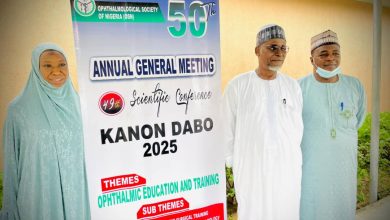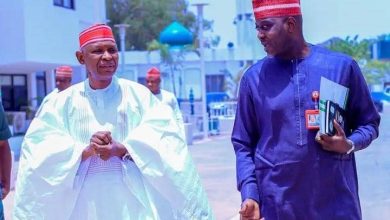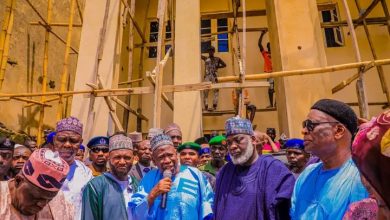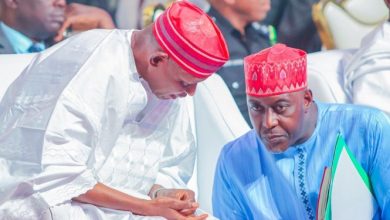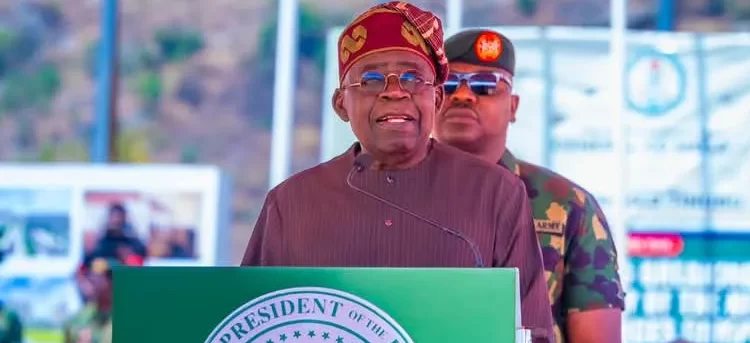
President Bola Ahmed Tinubu has called on state governors to intensify investments in rural development by prioritizing electrification, agricultural mechanisation, poverty reduction, and infrastructure expansion across Nigeria.
The President made the appeal on Thursday during the 150th National Economic Council (NEC) meeting held at the State House Council Chambers in Abuja, following a presentation by the Minister of Budget and Economic Planning, Senator Abubakar Atiku Bagudu, on the Renewed Hope Ward Development Programme (RHWDP).
“I want to appeal to you; let us change the story of our people in the rural areas,” Tinubu said, according to a statement by Stanley Nkwocha, Senior Special Assistant on Media and Communications (Office of the Vice President). “The economy is working. We are on the path of recovery, but we need to stimulate growth in the rural areas. We know the situation in the rural areas, let us collaborate and do what will benefit the people.”
Read Also:
Alfindiki Assures Tinubu of Resounding Victory in Kano Come 2027
The President urged governors to partner with the Federal Government to activate sustainable development in underserved communities. He further highlighted the importance of agricultural mechanisation, addressing insecurity, and boosting school enrolment through improved feeding programmes.
As part of efforts to fast-track national development, President Tinubu also directed the NEC to constitute a committee that will accelerate key federal projects, including the Lagos-Calabar and Sokoto-Badagry super highways. He additionally ordered that the Office of the Surveyor-General of the Federation be moved to the Presidency to ensure seamless delivery of infrastructure initiatives under his administration.
The NEC formally endorsed the Renewed Hope Ward Development Programme, which targets Nigeria’s 8,809 administrative wards with ward-based, inclusive economic projects. The initiative is structured as a collaborative framework between federal, state, and local governments and forms part of the broader Renewed Hope Agenda, which aspires to grow Nigeria’s economy to $1 trillion by 2030.
Providing details, Bagudu said the RHWDP seeks to achieve a national growth rate of 15 percent, above the current sub-four percent. He added that its legal backing is rooted in the 1999 Constitution and the Fifth Alteration Act.
Under the programme, a minimum of 1,000 economically active people in smaller wards, and 2,000 in larger ones, will benefit from targeted support to drive sustainable income-generating activities. A National Steering Committee with representatives from all six geopolitical zones will oversee the programme, with the Ministry of Budget and Economic Planning serving as the secretariat.
